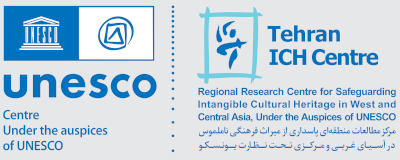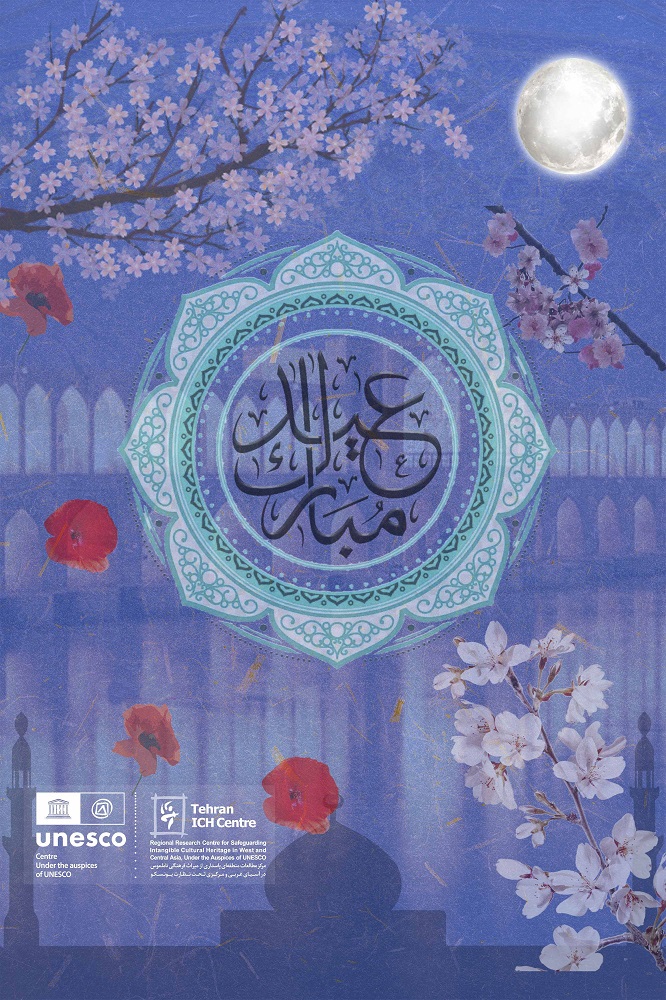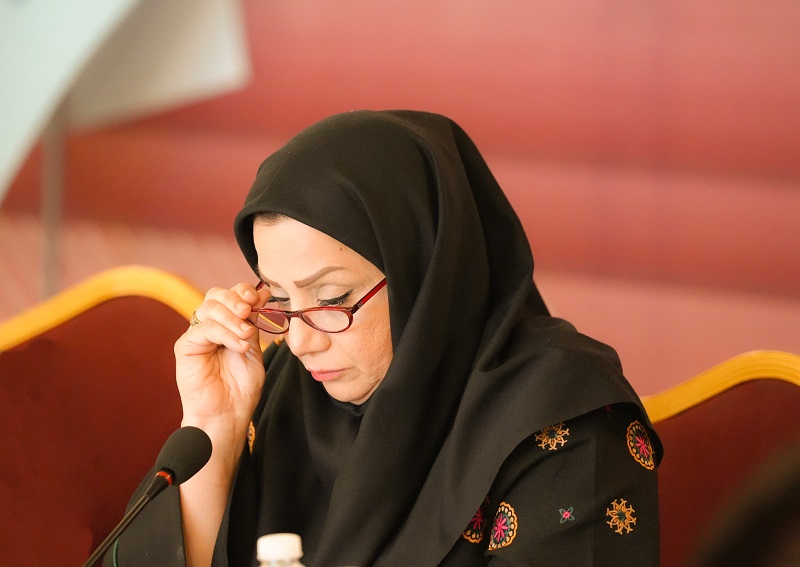Whistled language is a method of communication that uses whistling to simulate and articulate words. The practice developed as a result of the steep mountains and rugged topography of the region, which required the local population to find an alternative way to communicate across long distances. The practitioners are mainly agricultural communities who spend most of their lives outdoors. The communities concerned consider this practice to be a key reflection of their cultural identity, which reinforces interpersonal communication and solidarity. Although the community is aware of the importance of this practice, technological developments and socioeconomic changes have led to a decline in the number of practitioners and areas where it is spoken. One of the key threats to the practice is the use of mobile phones. The new generation’s interest in whistled language has diminished considerably and there is a risk that the element will be gradually torn from its natural environment, becoming an artificial practice. In spite of such threats, the communities have been actively promoting this linguistic practice both nationally and internationally to ensure its sustainability, and whistled language is still transmitted from generation to generation in the context of parent-child relations through both formal and informal methods.










